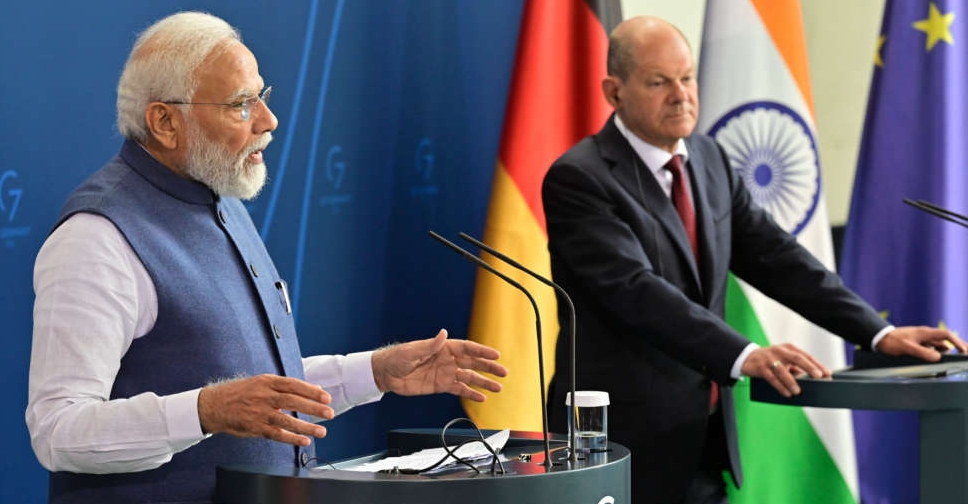
Indian Prime Minister Narendra Modi called for dialogue to end the war in Ukraine at the start of a European tour on Monday but steered clear of condemning Russia over the invasion.
India, which imports much of its military hardware from Russia, has long walked a diplomatic tightrope between the West and Moscow, and has called only for an immediate end to hostilities.
"We have insisted on a ceasefire and called for talks as the only way to resolve dispute since the start of the Ukraine crisis," Modi told reporters after talks with German Chancellor Olaf Scholz in Berlin.
"We believe that there won't be any winners in this war and everyone will lose, which is why we are in favour of peace," he said.
Besides the humanitarian impact on Ukrainians, pressure on oil prices and global food supplies is also "putting a burden on every family in the world," he said.
Germany's Scholz stressed that the war in Ukraine threatened the "rule-based global order".
"Russia has jeopardised the fundamental principles of international law with its attack on Ukraine," he said.
"The war and the brutal assault on civilians in Ukraine show the unchecked manner in which Russia is violating the principles of the UN Charter," Scholz added, repeating his call for President Vladimir Putin to withdraw his troops.
Scholz said he and Modi agreed that the "inviolability of borders" and "sovereignty of nations" must not be called into question.
"We thoroughly discussed that we want to achieve a better future -- not by fighting wars against each other but by making economic development possible together," he said.
The two governments later signed a joint declaration expressing "strong support" for upcoming talks between the European Union and India on a free trade agreement.
Scholz also confirmed he had invited Modi as a special guest to a Group of Seven (G7) leaders' summit next month, seen as part of an effort to forge a broader alliance against Russia.




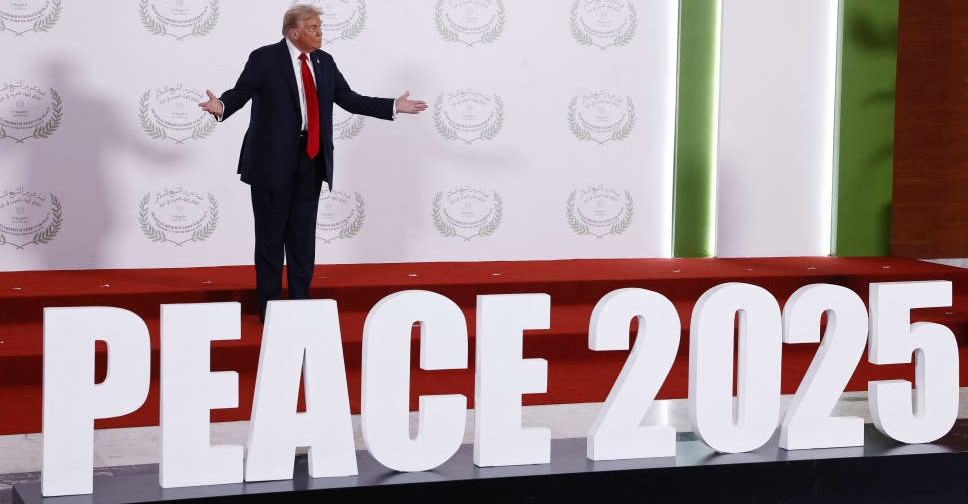 US names Rubio, Tony Blair to Gaza board under Trump's plan
US names Rubio, Tony Blair to Gaza board under Trump's plan
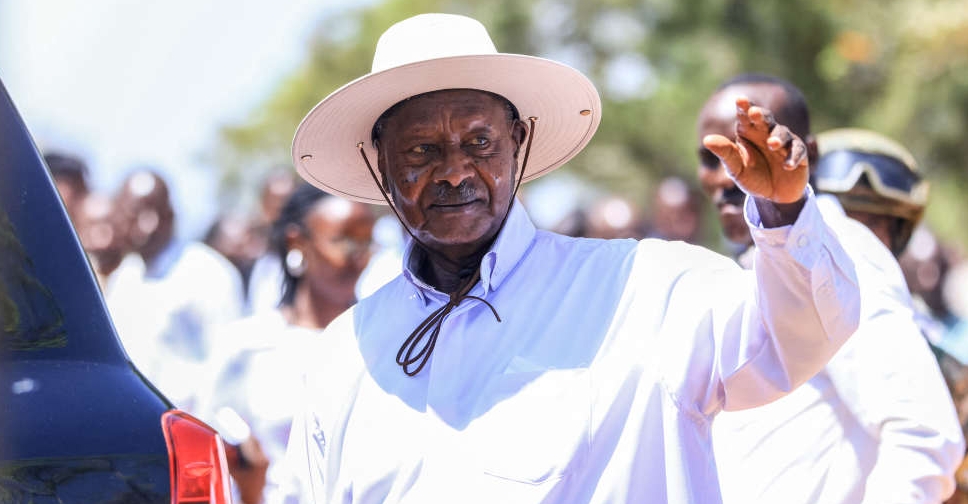 Uganda's Museveni wins re-election, opposition leader at large
Uganda's Museveni wins re-election, opposition leader at large
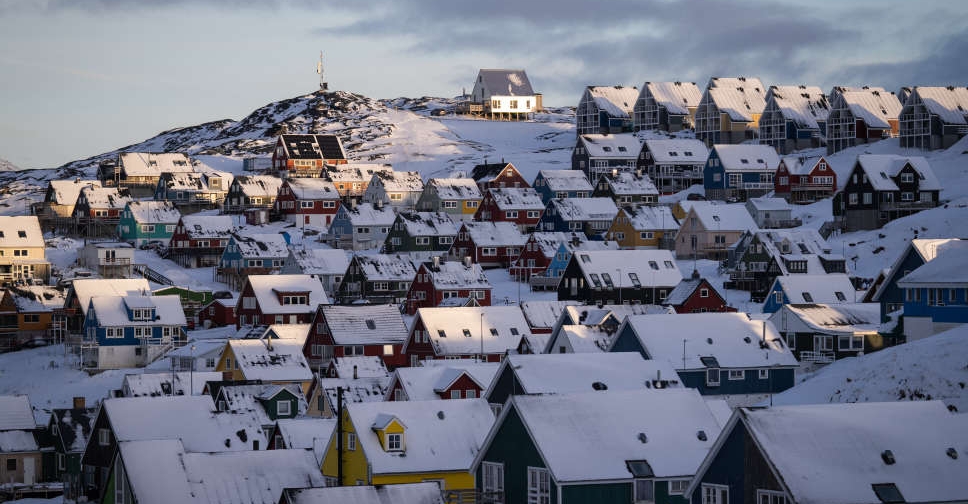 Protesters in Denmark support Greenland after Trump's takeover threat
Protesters in Denmark support Greenland after Trump's takeover threat
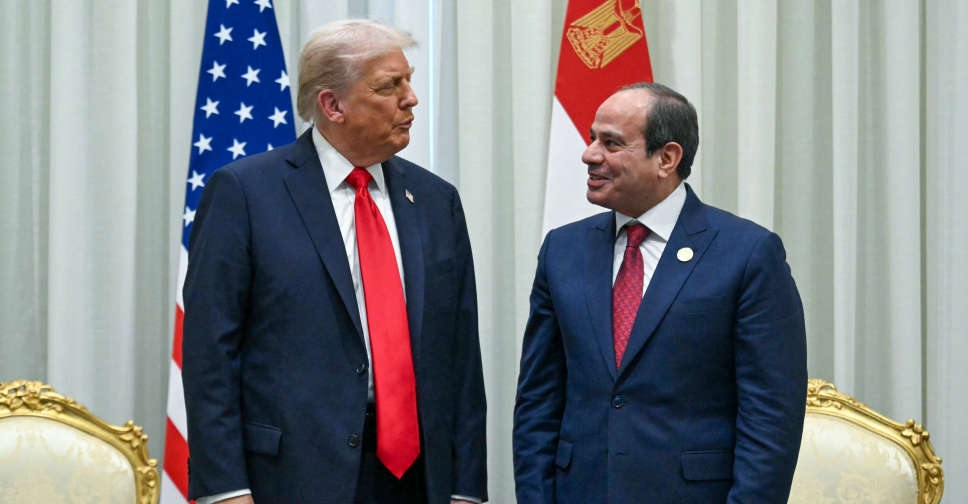 Egypt's Sisi says he values offer by Trump to mediate Nile dam dispute
Egypt's Sisi says he values offer by Trump to mediate Nile dam dispute
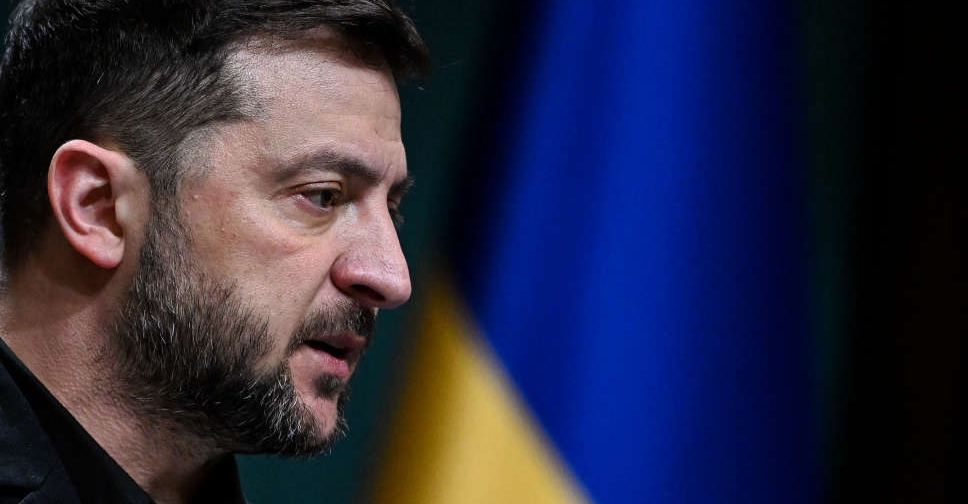 Ukrainian team heading to US for security guarantee talks, Zelenskyy says
Ukrainian team heading to US for security guarantee talks, Zelenskyy says






